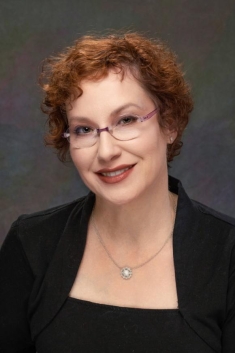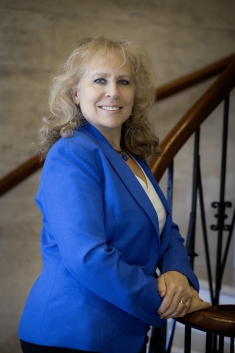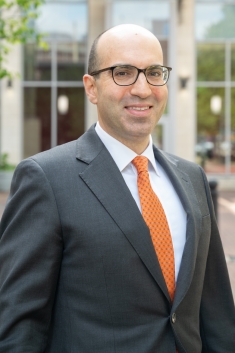Rutgers Law is launching three new clinics designed to enhance hands-on legal education. Some of the work in the areas of mediation, legislative and policy advocacy, and medical-legal partnerships has already been underway, but these new clinics provide a more structured platform for students to gain practical, real-world experience. Through these clinics, students will collaborate with professionals across disciplines, engage in real-world legal challenges, and make a meaningful impact in across New Jersey. These programs, with major support from the New Jersey Bar Foundation, mark an exciting new chapter in experiential learning at Rutgers Law.
Legislative and Policy Advocacy Clinic

Law school coursework tends to concentrate primarily on the court system, often giving less attention to the legislative process and lawmaking. However, that’s set to change at Rutgers Law School in the spring 2025 semester with the introduction of the Legislative and Policy Advocacy Clinic, led by Professor Ruth Anne Robbins.
The basis for this clinic began taking root about eight years ago, when students embarked on a research project about the laws surrounding restraining order hearings. Over time, the project caught the attention of legislators, who saw the potential for Rutgers Law students to support additional initiatives. Eventually, says Robbins, “it got to the point where we were doing clinical work and decided this should be a formal clinic.”
This new clinic will focus on lawmaking at the legislative level, with a particular emphasis on gender justice. Additionally, the clinic will engage in community education projects ranging from printed communications to workshops and research initiatives. “Our work may not always be about active legislation,” explains Robbins. “We also want to be a resource for public interest organizations involved in policymaking and for the legislature itself.”
In addition to participating in research and outreach, clinic students will have opportunities to network with legislators and community-based partners, and attend legislative sessions in Trenton. “We send law students to watch court proceedings all the time, but we don’t typically send them to watch voting sessions of the full assembly or senate, nor legislative committee meetings,” says Robbins. “We want this clinic to expose students to lawmaking in a way they don’t often experience in other courses they’re taking.”
Mediation Clinic

While litigation remains a key aspect of legal practice, mediation is becoming an increasingly vital service that attorneys offer their clients. In response to this trend, Rutgers Law School launched a Mediation Clinic in the fall 2024 semester. The clinic is led by Visiting Assistant Professor of Law Felicia Farber, who brings over 20 years of dedicated practice in dispute resolution services to this position. “The main goals of the clinic are for the students to develop strong dispute resolution skills and techniques through experiential learning, and to apply them in a range of contexts and settings,” Farber says. “Our objective is for students to elevate their lawyering skills, excel in problem-solving processes, and become invaluable assets to future employers.”
In addition to conducting actual mediations, students will participate in hands-on training through role play and simulations in class. Farber is also planning for students to gain fieldwork experience in the courts and with other organizations. “Rutgers Law School recognizes that negotiation and mediation should be an increasingly important part of the education it offers its law students in order to prepare them for their future careers in the legal field,” says Farber. “It is now universally recognized that good problem-solving and conflict management skills are vital to a lawyer’s ability to counsel clients, serve as advocates, and effectively resolve disputes and negotiate settlements.”
Medical-Legal Partnership

In spring 2025, Rutgers Law School will integrate students into its Medical-Legal Partnership (MLP) program through the Medical-Legal Partnership Clinic, led by Clinic Director and Supervising Attorney Jeremy Spiegel.
The foundation for this new clinic was laid seven years ago when Rutgers Law School partnered with the Camden Coalition, a local healthcare and social services network, to help patients address legal issues affecting their health and recovery. Since then, the MLP program has expanded significantly. The legal team has grown through a fellowship model, and additional partnerships have been established with Cooper Hospital’s Center for Healing and Maryville Integrated Care. Today, Spiegel and two Rutgers Law alumni serve over 250 clients annually, addressing a wide range of issues including housing, child custody, criminal matters, benefits, and more.
In addition to the traditional benefits of clinic work—giving students the chance to practice as attorneys—participants in the Medical-Legal Partnership Clinic will engage in multidisciplinary learning through close collaboration with medical partners. Because of the diverse needs of the clientele, clinic students will also take on a wide range of cases. “It’s a unique learning space where students will advocate for patients facing challenging legal matters while gaining insight from professionals with different backgrounds,” Spiegel says. “I am excited to see the students grow as they achieve great outcomes for our clients.”